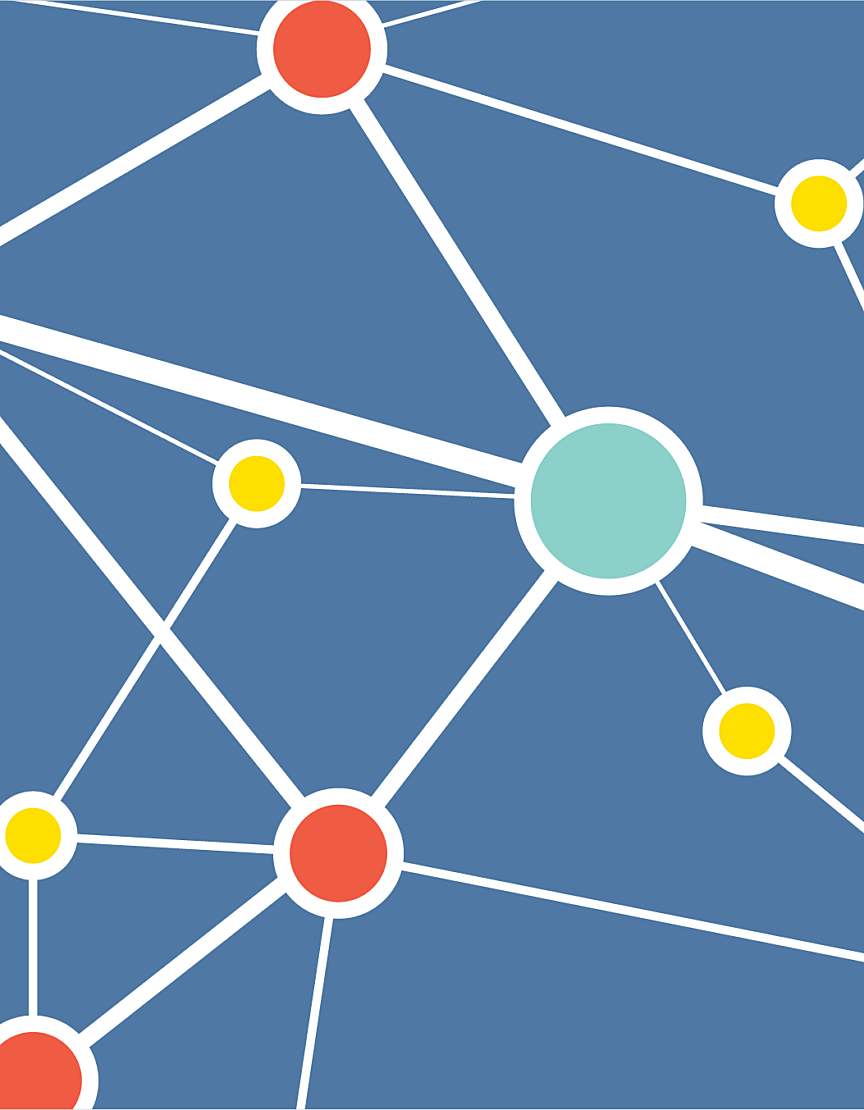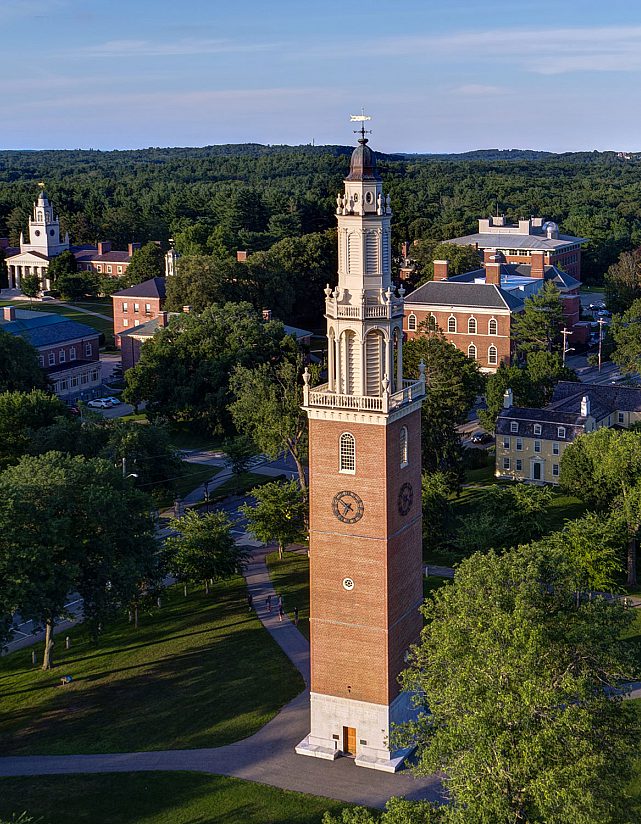
May 02, 2017
David Yeager to Present of Student Persistence
Discussion May 15 will focus on the psychological environment that increases student persistenceby Jenny Corke
David Yeager, a leading expert in the ways mindset, purpose, self efficacy, and sense of belonging impact student persistence and achievement, will be at Phillips Academy Andover on May 15, 2017, to discuss how students’ engagement, sense of meaning, and beliefs about their belonging and potential can increase their persistence and reduce institutional achievement gaps. He will hold a working session, open to all community members, in Pearson C at 5:30 p.m. over dinner. He will then give a presentation, hosted by the Faculty Advisory Committee and designed for Andover faculty and local educators, during Faculty Meeting from 7 to 8 p.m. in Kemper Auditorium. A reception will follow in the Underwood Room. These events are hosted by the Faculty Advisory Committee and the Head of School’s Office.
Belonging, Having What It Takes
Why do so many qualified college students in America fail to achieve their professional goals? In this talk, Yeager will go beyond typical “student success” programs, and instead take a social-psychological perspective, asking: what does it look and feel like to be worry about whether you belong and have what it takes? He will show experimental results that demonstrate how students’ learning mindsets—their beliefs about their belonging and potential—can increase their college persistence and reduce institutional achievement gaps. And he will outline the moments of “psychological friction” students encounter—from navigating bureaucratic hassles, to critical feedback in first-year classes, to trouble making friends—and explain practical methods for improving these. Ultimately, Yeager will leave audiences with a framework and an initial set of starting ideas for engaging in continuous improvement of the psychological environment that supports student persistence.
Research Background
Yeager believes that, in order to achieve, we need more than inborn ability—we need the right mindset. He studies the ways students and adults feel like they belong and are respected; that their work is relevant and purposeful; and that they can overcome setbacks and continue to improve.
Yeager is an experimental development psychologist in the department of psychology at the University of Texas at Austin. In his academic research, he examines the causes of and solutions to adolescent health problems, such as bullying, depression, or academic achievement. He often focuses on adolescent transitions—the transition to middle school, the transition to high school, or the transition to college—as a place where there is great opportunity (and risk) for young people’s trajectories.
In May 2014, he was the subject of a major New York Times Magazine article (“Who Gets to Graduate?”) by education speaker Paul Tough, in which he was named “one of the world’s leading experts on the psychology of education.” He has co-authored work on grit and grit-testing with Angela Duckworth and on growth mindset with Carol Dweck.
Yeager holds a PhD and MA from Stanford University, and a BA and MEd from the University of Notre Dame. He is a William T. Grant Foundation scholar, a Fellow at the Carnegie Foundation for the Advancement of Teaching, a Faculty Research Associate at the UT Population Research Center, and a Faculty Research Fellow at the UT Dana Center.
